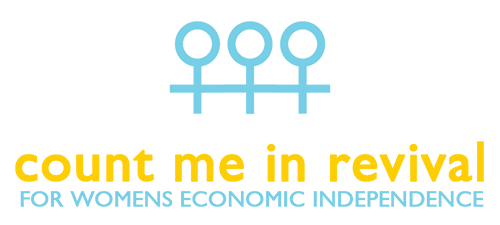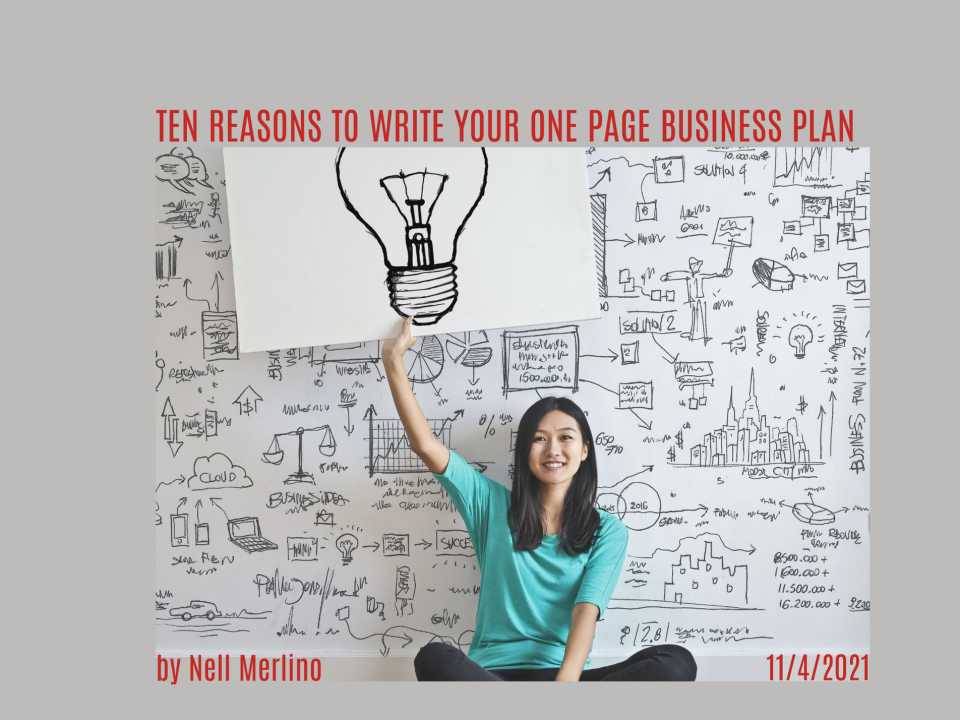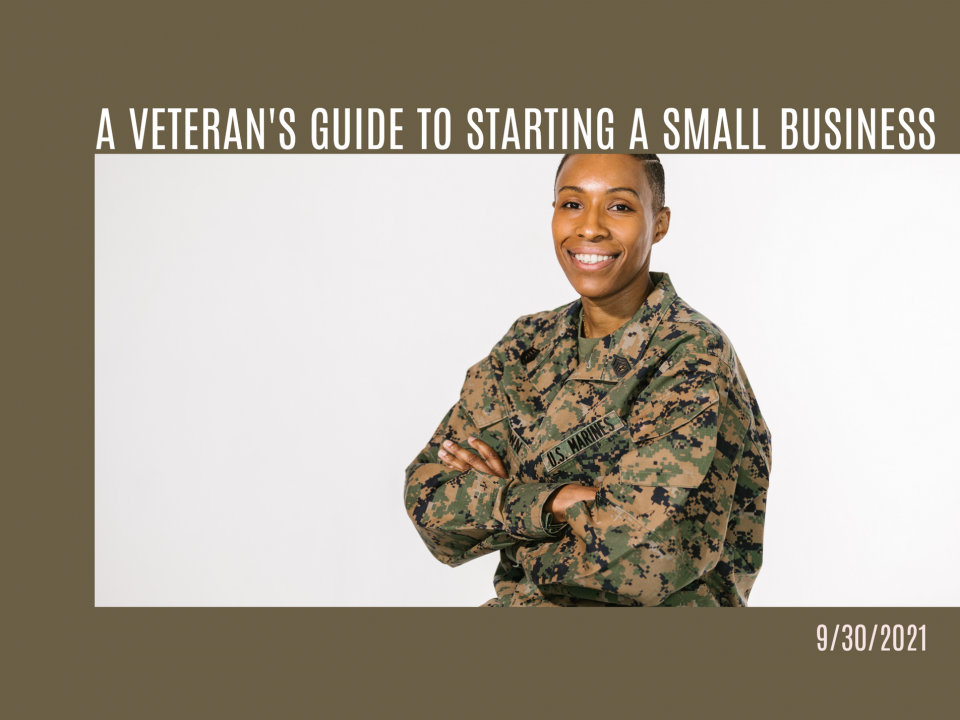How to Create a Keyword Strategy

The Do’s and Don’ts for an Effective Social Media Strategy
July 8, 2021
Mental Health is an Inside Job
July 26, 2021The world of SEO and keyword strategy are complicated to navigate. With a simple google search for SEO, you’ll be barraged with the latest research and tips from all the sources under the sun.
We’re going to make it simple for you (because it is!) SEO helps connect you to the right audience, and your keyword strategy is how you become discoverable. Below, you’ll find some of the most important information regarding keywords, SEO, and how to get going on optimizing your content.
The Importance of Keywords
SEO stands for “search engine optimization.” This means when a user searches a term related to your content, Google or another search engine is able to recommend your content. The better organized your content and key word strategy are, the more likely you are to garner attention from your prospective audience.
Key words give search engines the tools to decide what might be relevant to a user based on their search. They help the algorithms understand what your content is about.
The algorithms have gotten more complicated; in order to face unhelpful marketing strategies such as keyword stuffing, the algorithm will search for your selected keyword, as well as how many times you use it in your content (ideally at 3-4 times, and only where it naturally belongs, don’t force it).
There are so many other important aspects of SEO: readability, streamlined user experience, your meta description tags and alt text descriptions. But keywords are an integral part of all of it; in order to create a genuine connection through search engine searches, ALL of your content has to revolve around the focused keyword or phrase for that page.
Understand keywords and why they’re important? Let’s walk through how to use them and create a strategy!
Brainstorming for your Keyword Strategy
To create the organic connection via search engine, your content and SEO have to be streamlined into a theme. There will be some major keywords central to your strategy, and tangents from that stream into more specifics categorized (things that are relevant but not central).
In order to pick the exact keywords and phrases that you’ll use, you need to know what kinds of things would someone search in order to get to your page. In order to find this out, I use this amazing and free tool called Answer the Public. You can enter your category, and it will provide various search terms related to your category.
You’ll need to pay close attention to the types of phrases and ideas that your audience is looking for. And if you’re in need of content inspiration, this might be a great place to start! For example, if you run a blog about hair tips and everyone in the hair category is googling “how to achieve the perfect brunette,” you might want to create a page explicitly for that search term.
Once you have the central keywords for your strategy, you can start to track similar but slightly adjusted terms. With the hair example, the user might search “perfect brunette” or “perfect shade of brunette” or “brunette hair color.” There are SO many variations on searches- and the algorithm isn’t smart enough to sort by meaning.
For the sake of a blog, one keyword should be enough. So do your research on which ones perform best before choosing!
At the end of your brainstorm, you should have a list of 60-100 keywords and phrases relevant to your brand. Monitor those keywords in an SEO tool. This helps you understand how many searches hit that keyword and how difficult it is to rank in that category. You’ll want a variation of easy to rank, difficult to rank, high volume, and low volume.
Implementing your Keyword Strategy
Understanding your keyword data is helpful for understanding your own content, but also understanding the wants of your audience. It gives you the opportunity to create more content focused for that audience. And that will effect your traffic and ranking in the keywords. It’s a cycle.
Implementing keyword strategy means strategically upping your content marketing game. And now that you have the data, make sure your keywords appear in all the right places:
- Somewhere on the landing page about 3-4 times (but don’t use it so much that it effects the flow, readers don’t like that!)
- Your title
- Some of your sub-headers if not all of them
- The slug (or post URL)
- The meta description (roughly 150 characters)
- Alt-text for any images
SEO might seem like a complicated and arduous task- and at first it is. But over time, like most other things, doing this becomes like brushing your teeth. As someone who writes blogs for a living, SEO has become an integral part of my life. And I am by no means a data person. But behind all the data, the meaning of SEO is to make it clear what your page is about so your audience can find it. And if there genuinely is an audience out there for it- you’ll find it.



